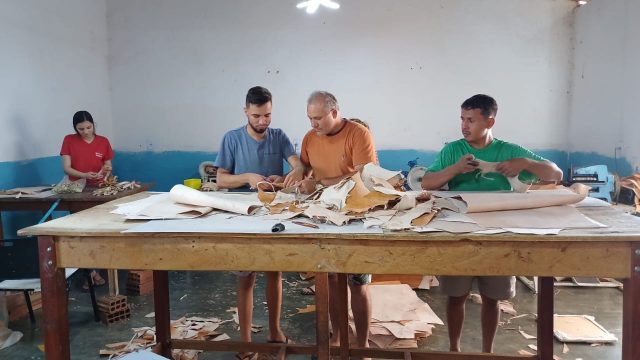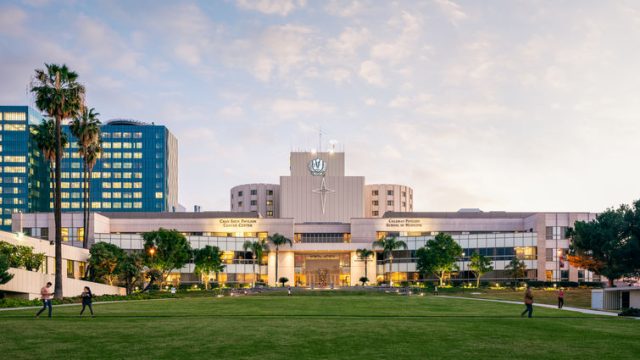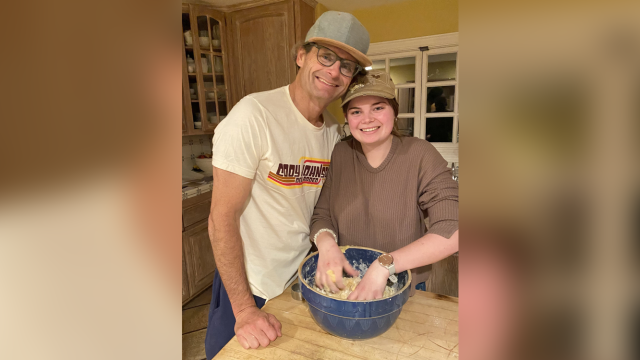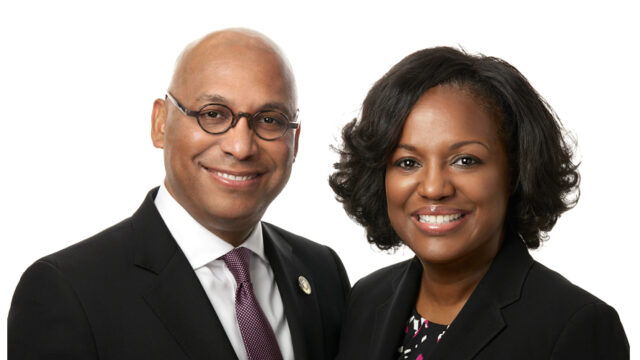It’s expected to “a beacon of hope for individuals grappling with lifestyle-related issues.”
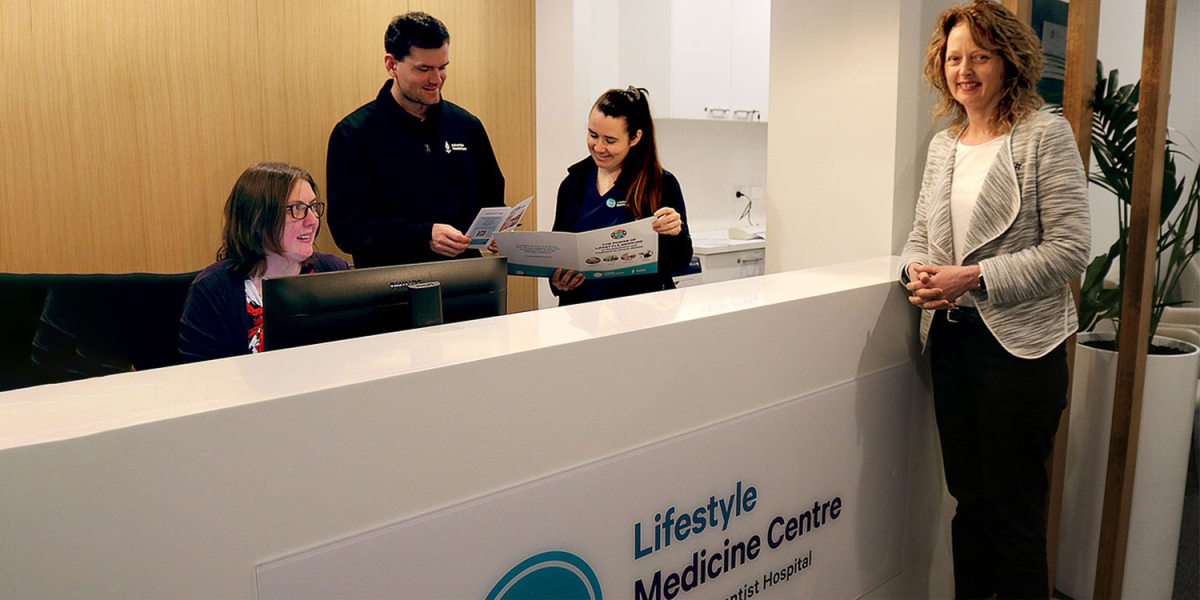
The South Pacific’s first ELIA Lifestyle Medical Centre (ELMC) has emerged as a beacon of hope for individuals grappling with lifestyle-related health issues. The center, located at Sydney Adventist Hospital, has already produced notable results in the months since its official launch on March 26.
With a wholistic, compassionate, and integrated approach to health care, the center has been running a pilot program for a small group of individuals with diabetes and other metabolic disorders. At the end of the 12-week program, participants experienced significant reductions in their weight and waist circumferences. Their diabetes health markers improved, and they were able to reduce medications. All achieved significant gains in their strength and fitness.
Apart from embracing a new love for exercise and a positive, whole-food approach to eating, they’re also in a much better mental state, according to center medical director Andrea Matthews. “They are in a place where they have hope — they feel cared for and supported,” she said.
“We want participants to learn two things at our center: how to adopt an optimal lifestyle for achieving their best self and how to keep moving forward with a positive mindset.”
The program is designed to be a comprehensive journey, offering individualized assessments, dietary guidance, medical support, and health coaching, while also emphasizing the importance of community and shared experiences through group sessions such as exercise and cooking demonstrations. In addition, patients grow together as they learn and discuss critical topics such as managing stress, the importance of forgiveness, and the role that meaning and purpose play in spirituality and mental health.
“To me, it’s what medicine should look like,” Matthews said. “It’s about spending quality time with patients, working with them and taking a wholistic approach.”
Breaking New Ground in Australia
While lifestyle medicine is gaining traction in countries like the United States and the United Kingdom, it’s still in its infancy in Australia, so the center is breaking new ground in this space.
“We need to get the message out there that lifestyle medicine can be used as an intervention, that it has significant potential to prevent, treat, and remit chronic diseases,” Matthews said. “It’s about changing the narrative about health care.”
While raising awareness with the medical profession and the general community is essential, equally important is sharing the message with our church members.
“It can be challenging to convey the importance of lifestyle changes to individuals who say, ‘I already have the health message,’ ” Matthews said. “While they may not smoke or drink alcohol, their lifestyle may not be optimal in other areas such as diet, exercise, and stress levels. So, this is a mission field in itself, and there are opportunities to help our members embrace healthier lifestyles.”
Starting a new venture can often be filled with challenges, and the team have encountered their share of setbacks. But Matthews has seen God at work throughout their journey, and she is encouraged to see patients improve their health outcomes.
“I can see the evidence of His influence in the small victories and in some of the spiritual conversations that patients have initiated,” she said. “Team worship and prayer are an integral part of our daily activities, and we can see God at work in both the lives of our patients and our staff.”
The opening of the center is timely given the alarming rate of chronic disease in Australia and New Zealand. According to World Health Organization data, nine out of 10 adults in these countries are dying from chronic disease.
Despite the grim outlook, ELIA Wellness executive director Geraldine Przybylko said there is potential for reducing the risk of developing Type 2 diabetes and cardiovascular disease through lifestyle practices such as regular physical activity, consuming a healthy diet, weight management, and not smoking.
“Research tells us that 80 percent of people want to become healthier, but they don’t know how,” she said. “This is why we established the ELMC — to empower people to whole-person health, touching lives one person at a time to give them hope and a future.”
The original version of this story was posted on Adventist Record.



